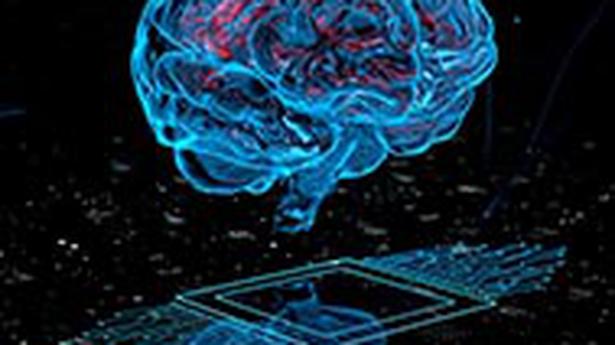
Researchers develop algorithm that can help decode brain scans to identify type of epilepsy
The Hindu
Epilepsy is a neurological disease where the brain emits sudden bursts of electrical signals in a short amount of time.
Researchers at the Indian Institute of Science (IISc), in collaboration with All India Institute of Medical Sciences (AIIMS), Rishikesh, have developed an algorithm that they said can help decode brain scans to identify the occurrence and type of epilepsy.
Currently, a patent has been filed for the work and the algorithm is being tested for its reliability by physicians at AIIMS Rishikesh, Bengaluru-based IISc said.
Epilepsy is a neurological disease where the brain emits sudden bursts of electrical signals in a short amount of time, resulting in seizures, fits, and in extreme cases, death.
Based on the point of origin of the brain's erratic signals, epilepsy is classified as either focal or generalised epilepsy.
Focal epilepsy occurs when the erratic signals are confined to a specific region in the brain. If the signals are at random locations, then it is termed as generalised epilepsy.
To identify whether a patient is epileptic, neurophysiologists need to manually inspect EEGs (electroencephalograms), which can capture such erratic signals, an IISc statement noted on Wednesday.
Visual inspection of EEG can become tiring after prolonged periods, and may occasionally lead to errors, says Hardik J Pandya, Assistant Professor at the Department of Electronic Systems Engineering (DESE) and the corresponding author of the study published in 'Biomedical Signal Processing and Control'.

KTM has reinforced its middleweight ADV portfolio in India with the introduction of two distinct offerings — the updated KTM 390 Adventure X and the globally-spec KTM 390 Adventure Enduro R. While the former caters to long-distance touring enthusiasts now seeking more value and tech, the latter is purpose-built for riders who demand uncompromised off-road performance, rooted in Dakar DNA.

 Run 3 Space | Play Space Running Game
Run 3 Space | Play Space Running Game Traffic Jam 3D | Online Racing Game
Traffic Jam 3D | Online Racing Game Duck Hunt | Play Old Classic Game
Duck Hunt | Play Old Classic Game










